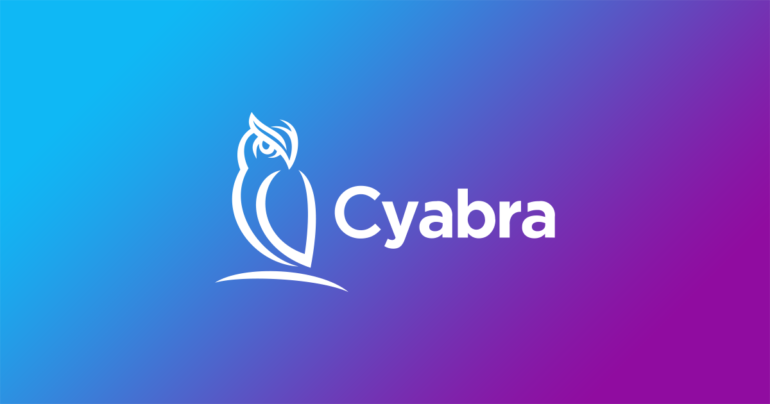TL;DR:
- Cyabra, an Israeli start-up, launched botbusters.ai, an advanced tool to detect AI-generated bots and spam accounts.
- Elon Musk enlisted Cyabra’s help in assessing bot presence on Twitter during its acquisition and rebranding as X.
- botbusters.ai can identify AI-generated text, images, fake profiles and is developing video detection capabilities.
- CEO Dan Brahmy emphasizes the tool’s role in distinguishing human-led from computer-led content.
- Cyabra’s “semi-supervised machine learning” employs 800 machine-learning parameters for accurate detection.
- Prevailing bot activities include corporate impersonations, state-sponsored geopolitical bots, and chaos creation.
- Malicious actors impersonate executives, manipulate social media presence, and spread disinformation.
- State actors leverage bots for global disinformation and propaganda campaigns.
- Bots also target lower-level workers and customer service interactions for data theft and scams.
- A 2022 incident involved a fake Eli Lilly account causing stock price disruption through misinformation.
- Chaos creation through bots diverts attention, impacting corporate reputation and consumer engagement.
Main AI News:
In a dynamic move to fortify the battle against the rise of AI-powered bot and spam accounts, Cyabra, a pioneering Israeli startup, has introduced a groundbreaking tool to pinpoint and neutralize these digital menaces.
The year 2022 saw Cyabra thrust into the limelight when tech mogul Elon Musk harnessed their expertise to assess the infiltration of bots and spam accounts on Twitter during his conglomerate’s acquisition of the platform, which was subsequently rebranded as X. Now, Cyabra is taking the fight against AI-generated deception to the next level with their latest offering, botbusters.ai. This revolutionary tool doesn’t just detect AI-generated content but can also discern fabricated images and phony profiles, with plans in motion to incorporate video detection capabilities.
Dan Brahmy, the visionary CEO of Cyabra, conveyed the company’s unwavering commitment: “Botbusters.ai is our response to the prevailing digital landscape. It empowers individuals and enterprises worldwide with a robust, complementary solution to discern between human-crafted and AI-fueled text, images, and profiles.“
In the era of lightning-fast AI manipulation, Brahmy highlighted the ease with which malevolent actors could utilize these tools for disseminating disinformation and orchestrating scams. He emphasized that Cyabra’s arsenal includes a distinctive AI called “semi-supervised machine learning,” backed by a staggering 800 machine-learning parameters, ensuring the accurate identification of AI-crafted content and bot-driven activities.
Brahmy didn’t shy away from revealing the crux of the issue. Corporate impersonations, state-backed bots furthering geopolitical agendas, and deliberate chaos propagation to divert attention from critical events have emerged as the dominant facets of bot activities. This unsettling trend extends to impersonation scams targeting top-tier executives, a persistent threat that even impacts Fortune 2000 companies.
The level of sophistication in these AI-generated impersonations is deeply troubling, as Brahmy elucidated: “By seamlessly mimicking individuals’ social media presence, along with the right content and timing, malicious actors can manipulate audiences to their advantage. The allure of captivating rumors only amplifies their impact.”
The geopolitical realm hasn’t remained immune to the bot onslaught. State actors exploit bot-driven disinformation and propaganda to manipulate narratives on a global scale, with profound consequences. Brahmy stressed the widespread reach of these campaigns, touching on crucial events and elections across continents.
Yet, the shadow cast by bots stretches far beyond these spheres. Frauds targeting unsuspecting individuals at all levels of the corporate hierarchy have adopted AI tools to steal sensitive information, while customer service impersonations and counterfeit corporate social media accounts have inflicted financial damage and shaken market confidence.
A poignant illustration of these challenges unfolded in 2022 when a fictitious Eli Lilly account surfaced on Twitter, falsely proclaiming free insulin distribution. The ensuing chaos, plummeting stock prices, and investor panic underlined the profound implications of AI-fueled misinformation.
Intriguingly, the chaos creation technique isn’t exclusive to the corporate arena; it has infiltrated public spaces, diverting attention from crucial conversations. This strategy, rife with far-reaching implications, underscores the potency of AI in shaping societal discourse.
Conclusion:
Cyabra’s unveiling of botbusters.ai marks a significant milestone in combating AI-generated spam and deception. This innovation is set to reshape the market by bolstering authenticity, instilling trust, and safeguarding corporations and individuals against the detrimental effects of AI-powered misinformation and manipulation. As businesses navigate the complex digital landscape, solutions like botbusters.ai will play a pivotal role in maintaining transparency and preserving credibility in the face of evolving threats.

